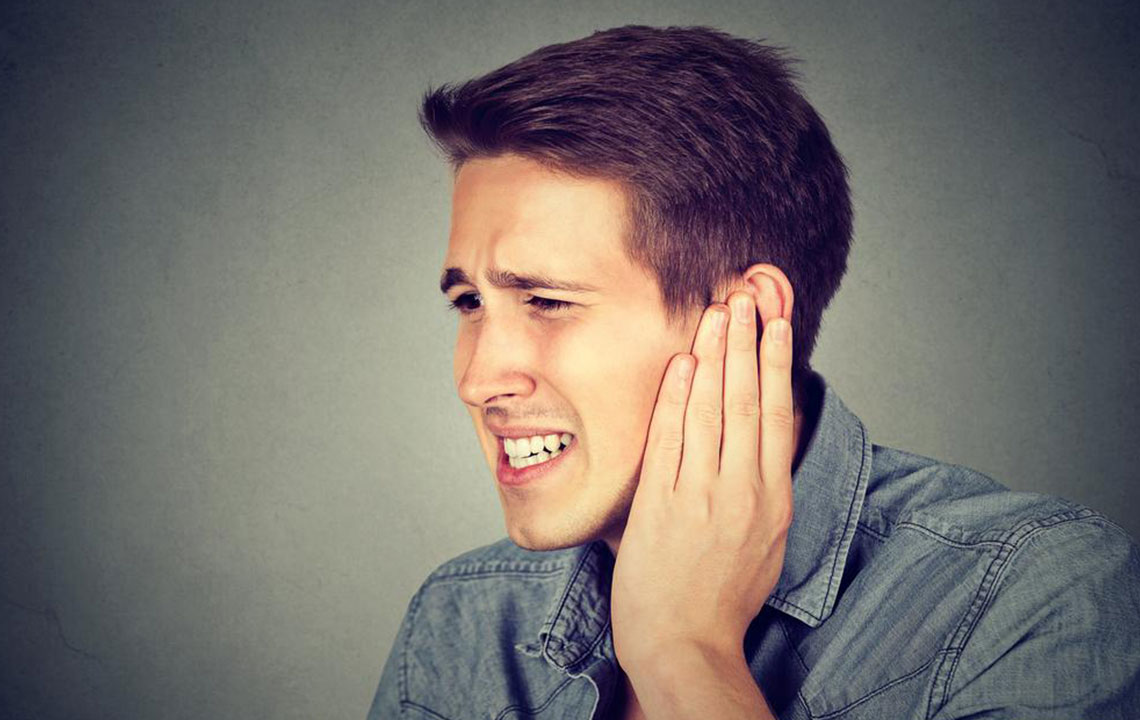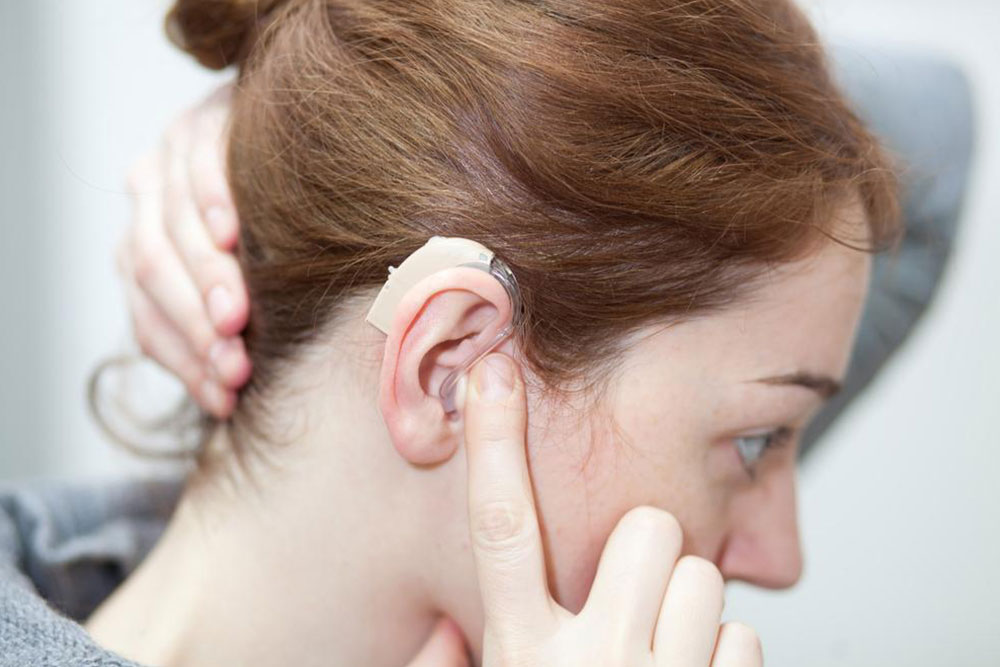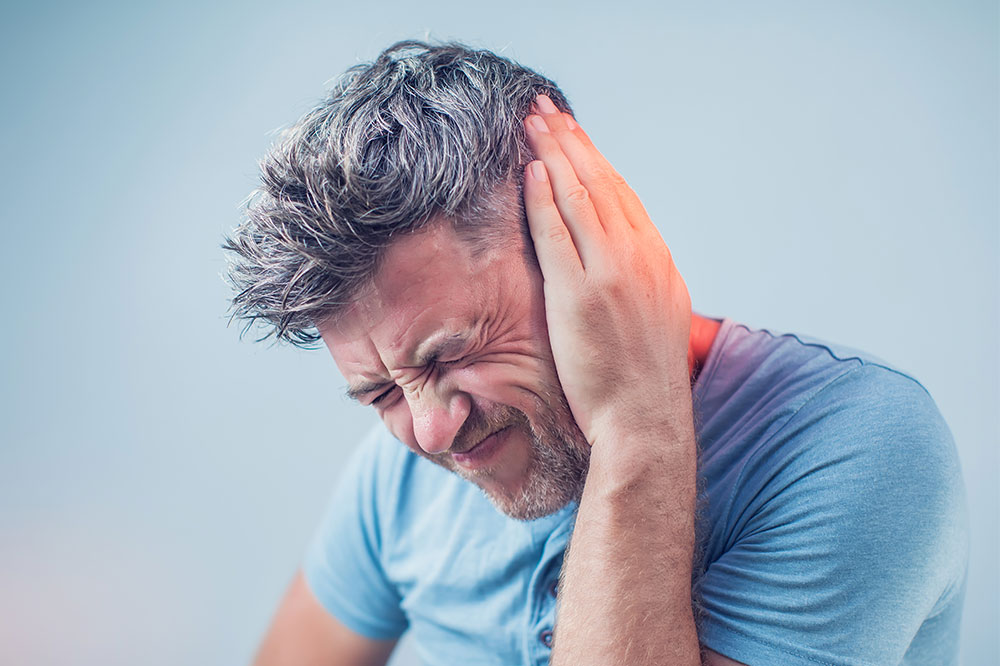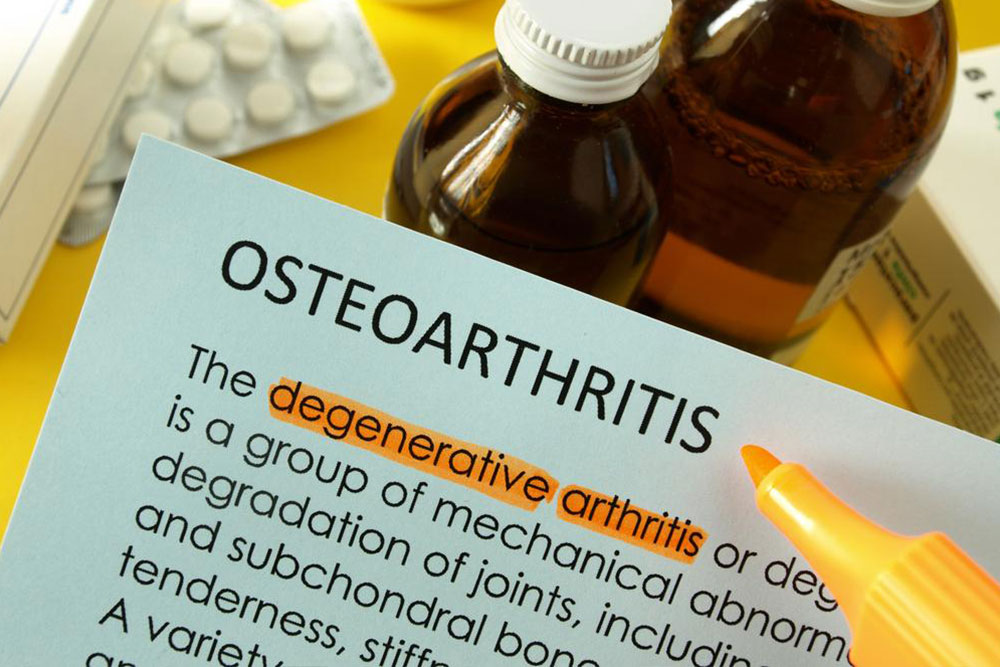Effective Strategies for Managing Tinnitus: Medical and Lifestyle Approaches
Learn effective methods to manage tinnitus through medical interventions and lifestyle adjustments. This comprehensive guide covers underlying cause assessment, medication options, alternative therapies, and lifestyle modifications such as diet, stress reduction, and noise protection. Personalized treatment plans created with healthcare providers can significantly improve quality of life by alleviating symptoms and preventing exacerbation. Discover practical tips to cope better and safeguard hearing health against loud noises, making tinnitus management more achievable and less stressful.

Effective Strategies for Managing Tinnitus: Medical and Lifestyle Approaches
Persistent noises like buzzing, ringing, or hissing experienced only by the individual characterize tinnitus, a challenging health issue. Often triggered by prolonged loud noise exposure, it can also stem from head injuries, ototoxic medications, underlying health conditions, or stress. The condition can impact physical, mental, and emotional well-being. While a definitive cure remains unavailable, various treatment methods exist to reduce symptoms and improve quality of life.
Below, we explore key approaches to managing tinnitus effectively.
Investigating Underlying Causes
Initial management involves diagnosing and addressing health issues that might be contributing to tinnitus. Common treatable factors include:
Removing ear blockages like excess wax or hair interfering with the eardrum
Managing vascular conditions through medications or surgery
Treating head or neck injuries with appropriate therapies such as medications, chiropractic care, or physical therapy
Addressing jaw joint problems with dental adjustments or treatments can also reduce symptoms.
If ototoxic drugs cause temporary tinnitus, symptoms usually fade after medication clearance; doctors may recommend alternative medications to ease discomfort.
Pharmacological Treatments
Medications aimed at alleviating tinnitus focus on reducing symptom severity. Commonly, psychoactive drugs like antidepressants (clomipramine, desipramine) and anti-anxiety medications (alprazolam, clonazepam) are prescribed to help manage emotional distress related to tinnitus.
Complementary and Alternative Options
Some alternative therapies include:
Acupuncture
Transcranial magnetic stimulation, which modulates nerve activity to lessen symptoms
Supplement options like zinc and vitamin B are also used under medical supervision.
Lifestyle Modifications
Adapting daily habits can help lessen the perception and impact of tinnitus, though they do not target the root cause directly. Recommendations include:
Adopting a balanced diet that boosts energy and mood while reducing caffeine, salt, and alcohol intake, which may worsen symptoms
Quitting smoking to improve blood flow to hearing and nerve cells and reduce stimulation that heightens tinnitus
Increasing physical activity to lower stress, improve sleep, and enhance overall well-being
Ensuring adequate sleep to prevent fatigue from intensifying symptoms
Practicing relaxation techniques like yoga, meditation, and tai chi to control stress
Engaging in social activities and hobbies that distract and support emotional health
Note that how individuals respond to these changes varies; tracking their effects can help identify effective strategies.
Protecting Hearing
Since loud noise exposure can worsen tinnitus, protective measures include:
Listening to music at lower volumes with earphones
Wearing earplugs or muffs during loud events or near noisy machinery
External Sound Masking
Mitigating internal tinnitus sounds through external noise involves:
Hearing aids that amplify ambient sounds to mask internal noise
White noise machines or wearable maskers providing continuous low-level sound to help desensitize the brain
The choice of treatment depends on individual cases, often requiring a combination of approaches. Close collaboration with healthcare providers ensures personalized, effective management, maximizing relief from tinnitus symptoms.









